Climate
-
 Health & Medicine
Health & MedicineZika, psychobiotics and more in reader feedback
Readers respond to the April 2, 2016, issue of Science News with thoughts on Zika virus, planetary science, microbes in mental health and more.
-
 Environment
EnvironmentU.S. oil and gas boom behind rising ethane levels
Oil and gas operations on North Dakota’s Bakken shale are largely to blame for a recent rise in global emissions of the greenhouse gas ethane, researchers conclude.
-
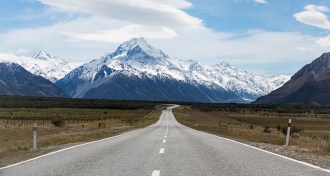 Earth
EarthRainwater can help trigger earthquakes
Rainwater plays a major role in the triggering of earthquakes along New Zealand’s Alpine Fault.
-
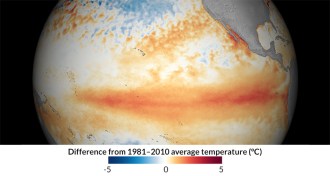 Climate
ClimateFizzled 2014 El Niño fired up ongoing monster El Niño
The ongoing El Niño, one of the strongest on record, got a heat boost from a 2014 event that failed due to unfavorable winds.
-
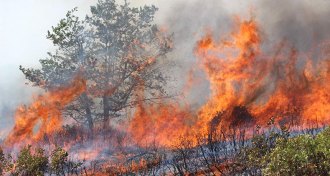 Climate
ClimateWildfire shifts could dump more ice-melting soot in Arctic
Wildfires will emit more soot into the air in many regions by the end of the century, new simulations show.
-
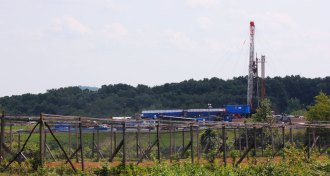 Environment
EnvironmentEPA boosts estimate of U.S. methane emissions
A new report by the U.S. Environmental Protection Agency revises the agency’s methane emission estimates upward by 3.4 million metric tons.
-
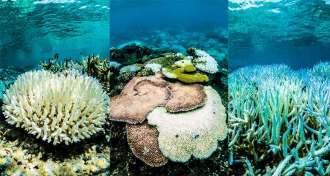 Ecosystems
EcosystemsHeat may outpace corals’ ability to cope
Corals may soon lose their ability to withstand warming waters.
-
 Environment
EnvironmentEPA underestimates methane emissions
Methane estimates by the Environmental Protection Agency fail to capture the full scope of U.S. emissions of the greenhouse gas, studies show.
-
 Climate
ClimatePollen becoming bee junk food as CO2 rises
Rising CO2 lowers protein content in pollen, threatening nutrition for bees.
By Susan Milius -
 Climate
ClimateScience’s inconvenient (but interesting) uncertainties
In the latest issue of Science News, Editor in Chief Eva Emerson talks climate change, mouth microbes, and synthetic life.
By Eva Emerson -
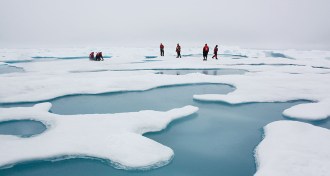 Climate
ClimateChanging climate: 10 years after ‘An Inconvenient Truth’
In the 10 years since "An Inconvenient Truth," climate researchers have made progress in predicting how rising temperatures will affect sea level, weather patterns and polar ice.
-
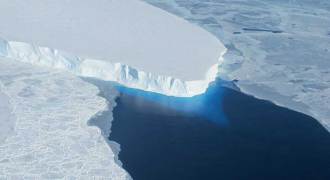 Climate
ClimateSea levels could rise twice as fast as previously predicted
Sea level rise from Antarctica’s melting ice could accelerate faster and sooner than previously thought.